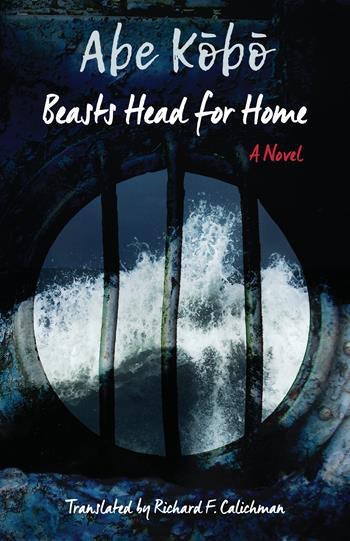Olivier Roy on Egypt and the New Arab World
 Olivier Roy, most recently the author of Holy Ignorance: When Religion and Culture Part Ways, has written two pieces on events in the Arab world that have been widely cited and offer a counter-perspective to Western coverage.
Olivier Roy, most recently the author of Holy Ignorance: When Religion and Culture Part Ways, has written two pieces on events in the Arab world that have been widely cited and offer a counter-perspective to Western coverage.
In his piece in the New Statesman (a very similar essay was written in French, published in Le Monde), This is not an Islamic Revolution, Roy argues that the those protesting in Egypt and Tunisia are representative of a post-Islamist generation. While individually many of the protesters are religious they “do not see in Islam an ideology capable of creating a better world.” Instead their concerns and solutions are more practical and concrete, seeking democracy and dignity.
Moreover, Roy argues that Islamists have lost their “stranglehold on religious expression in the public sphere that they enjoyed in the 1980s,” as well as their political influence. Expressions of Islam are more individual now and while still very important it asserts itself in the cultural and social spheres rather than the political. Thus, groups interested in global jihad have little impact on the democracy movements. Roy writes, “jihad is completely detached from social movements and national struggles. Al-Qaeda tries to present itself as the vanguard of the global Muslim “umma” in its battle against western oppression, but without success.”
In the concluding paragraph of the piece, Roy writes,
The process of change will undoubtedly be long and chaotic, but one thing is certain: the age of Arab-Muslim exceptionalism is over. Recent events point to profound transformations in Arab societies which have been under way for some time, but which until now have been obscured by the distorting optic of western attitudes towards the Middle East. What the convulsions in Egypt and Tunisia show is that people in those countries have drawn the lessons of their own history. We have not finished with Islam, that is for sure, nor is liberal democracy the “end of history”, but we must at least learn to think of Islam in relation to an “Arabic-Muslim” culture that today is no longer closed in on itself – if it ever was.




